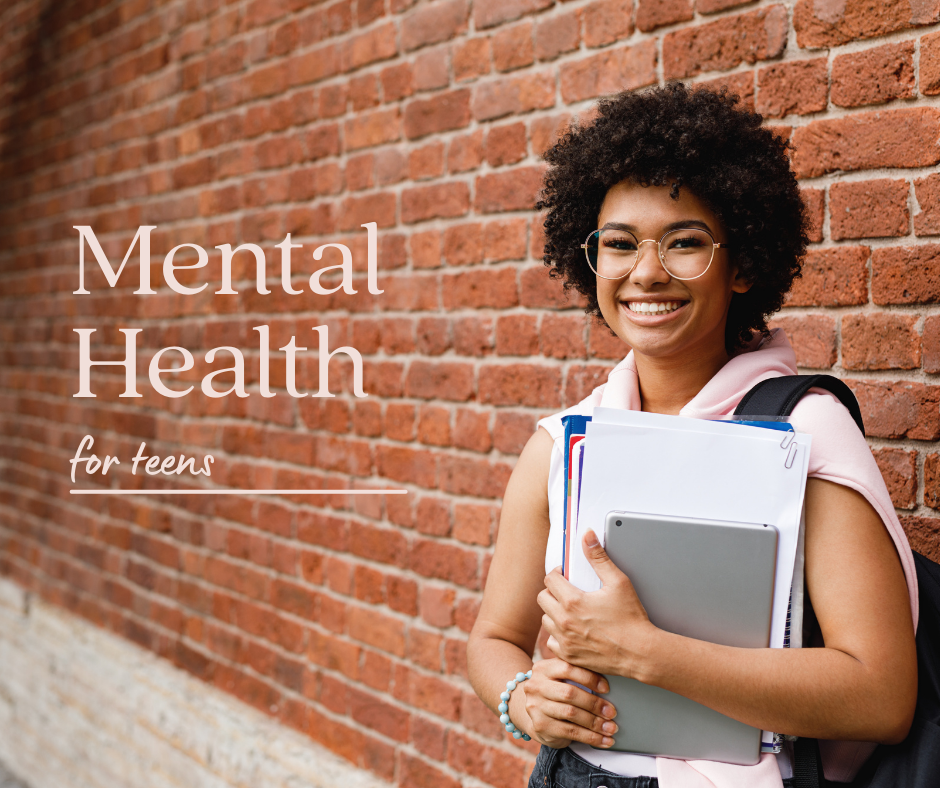Mental Health Claims Skyrocket During Pandemic
The teenage years can be a struggle for many young people as they transition from adolescence to adulthood. The passage, often marked by angst, self-doubt, raging hormones, and confusion, can seemingly turn the sweetest children into unrecognizable people. For some, grappling with insecurities can lead down a dangerous path of anti-social behavior, such as violence, substance abuse, and self-harm.

Teen Mental Health and the COVID Pandemic
The COVID-19 pandemic challenged most people, but reports suggest that the impact on teenagers has been especially significant. While adults have also reported that COVID-19–related fears and stress have impaired their mental health, young people have been particularly susceptible because of school closures and distance learning, the inability to interact closely with friends, stress, and loneliness.
Documented teen mental health claims released in a recent report nearly doubled during the pandemic, highlighting the staggering effect the pandemic has had on teens. And that report only deals with private health insurance claims. It doesn’t take into account unreported incidences or those with government-issued health insurance.
Young people have proven especially vulnerable to mental health issues related to the COVID-19 pandemic. School closures, having to learn remotely, and isolating from friends due to physical distancing have been sources of stress and loneliness.
Another report showed that mental health-related emergency room (ER) visits for children aged 12 to 17 increased by 31 percent from April through October 2020. Students surveyed at seven American universities reported largely negative impacts of COVID-19 on their psychological health and lifestyle behaviors.
Increases in Several Mental Health Conditions
The most notable increases in mental health conditions included anxiety, depression, obsessive-compulsive, schizophrenia, and substance abuse.
- Anxiety: A 93.6 percent increase in anxiety from April 2020 over April 2019 for teens ages 13 to 18 years old
- Depression: An 83.9 percent increase in depression from April 2020 over April 2019 for teens ages 13 to 18 years old
- Schizophrenia: Claims for emergency department visits for schizophrenia among those 19 to 22 years old increased 61.3 percent in April 2020 over April 2019
- Self-Harm: Claims for self-harm (e.g., cutting, crashing a vehicle, attempted suicide) ballooned 333.93 percent in August 2020 over August 2019 for teens ages 13 to 18 years old
- Substance Abuse: Substance use disorder claims rose by 62.7 percent from April 2020 over April 2019 in teens 13-18 years old
Teens in Foster Care
Predictability is a stabilizing force for teens, but it’s been disrupted by the pandemic.
Young people placed in foster care are already dealing with a higher level of uncertainty than other young people. Placement in foster care can be disruptive and traumatizing, requiring enormous adjustments. Adding the upheaval caused by the pandemic can increase the feelings of instability for those in foster care.
Careteam of Clinical Therapists
One of the hallmarks of One Family Illinois that enables it to provide a stable environment is on-site caseworkers and therapists. Using a comprehensive wraparound model focused on delivering services for the whole child allows for each child’s social, emotional, behavioral, mental, and physical health needs are met. Available clinical services include assessments, interventions, consultations, crisis intervention, and psycho-social-educational therapeutic services.
On-site access to those services enables One Family Illinois to closely monitor the mental health needs of teens living in our villages, making it possible to observe and treat mental health issues caused by the pandemic. Our professional staff is also equipped to offer practical advice to the families and One Family Illinois Foster Parents to help teens experiencing pandemic-related situations cope.
There are so many ways you can help. If you are able to contribute, please note that legislation surrounding the pandemic provides tax-benefit incentives for larger donations. Whether you make a cash donation or participate in an existing fundraiser, your donation will help children and families have hope for a bright future. Even simply sharing the message with friends, family, and associates can help. Learn more about the ways you can support One Family Illinois.